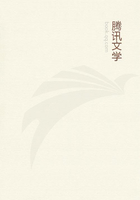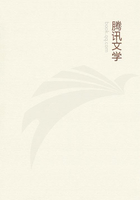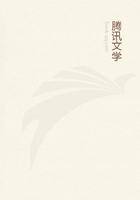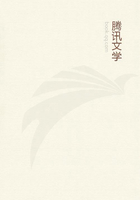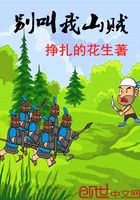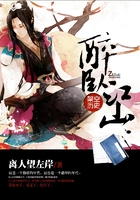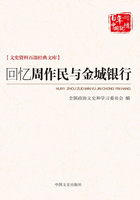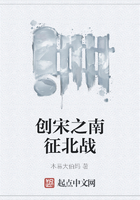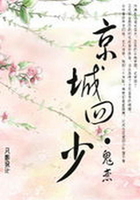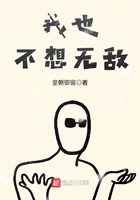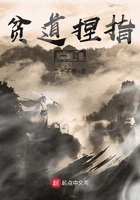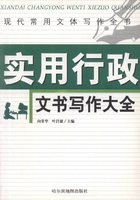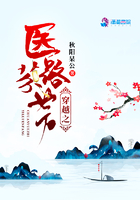One of the most interesting features of the book are the full-page illustrations of the anatomy of the arteries, veins and nerves. They had not in those days the art of making corrosion preparations, but they could in some way dissect to their finest ramifications the arteries, veins and nerves, which were then spread on boards and dried. Several such preparations are now at the College of Physicians in London, brought from Padua by Harvey. The plates of the muscles are remarkably good, more correct, though not better perhaps, on the whole, than some of Leonardo's.
[22] The next, in 1559, is recorded by Plater in his autobiography, who gave a public dissection during three days in the Church of St. Elizabeth.
Vesalius had no idea of a general circulation. Though he had escaped from the domination of the great Pergamenian in anatomy, he was still his follower in physiology. The two figures annexed, taken from one of the two existing copies of the "Tabulae Anatomica," are unique in anatomical illustration, and are of special value as illustrating the notion of the vascular system that prevailed until Harvey's day. I have already called your attention to Galen's view of the two separate systems, one containing the coarse, venous blood for the general nutrition of the body, the other the arterial, full of a thinner, warmer blood with which were distributed the vital spirits and the vital heat.
The veins had their origin in the liver; the superior vena cava communicated with the right heart, and, as Galen taught, some blood was distributed to the lungs; but the two systems were closed, though Galen believed there was a communication at the periphery between the arteries and veins. Vesalius accepted Galen's view that there is some communication between the venous and arterial systems through pores in the septum of the ventricles, though he had his doubts, and in the second edition of his book (1555) says that inspite of the authority of the Prince of Physicians he cannot see how the smallest quantity of blood could be transmitted through so dense a muscular septum.
Two years before this (1553),[*] his old fellow student, Michael Servetus, had in his "Christianismi Restitutio" annatomical touch with one another!
[*] See the Servetus Notes in the Osler Anniversary Volumes, New York, 1919, Vol. II.--Ed.
The publication of the "Fabrica" shook the medical world to its foundations. Galen ruled supreme in the schools: to doubt him in the least particular roused the same kind of feeling as did doubts on the verbal inspiration of the Scriptures fifty years ago! His old teachers in Paris were up in arms: Sylvius, nostrae aetatis medicorum decus, as Vesalius calls him, wrote furious letters, and later spoke of him as a madman (vaesanus). The younger men were with him and he had many friends, but he had aroused a roaring tide of detraction against which he protested a few years later in his work on the "China-root," which is full of details about the "Fabrica." In a fit of temper he threw his notes on Galen and other MSS. in the fire. No sadder page exists in medical writings than the one in which Vesalius tells of the burning of his books and MSS. It is here reproduced and translated.[23] His life for a couple of years is not easy to follow, but we know that in 1546 he took service with Charles V as his body physician, and the greatest anatomist of his age was lost in the wanderings of court and campaigns. He became an active practitioner, a distinguished surgeon, much consulted by his colleagues, and there are references to many of his cases, the most important of which are to internal aneurysms, which he was one of the first to recognize. In 1555 he brought out the second edition of the "Fabrica," an even more sumptuous volume than the first.
[23] Epistle on China-root, 1546, p. 196. Vesalius may be quoted in explanation--in palliation:
"All these impediments I made light of; for I was too young to seek gain by my art, and I was sustained by my eager desire to learn and to promote the studies in which I shared. I say nothing of my diligence in anatomizing--those who attended my lectures in Italy know how I spent three whole weeks over a single public dissection. But consider that in one year I once taught in three different universities. If I had put off the task of writing till this time; if I were now just beginning to digest my materials; students would not have had the use of my anatomical labours, which posterity may or may not judge superior to the rechauffes formerly in use, whether of Mesua, of Gatinaria, of some Stephanus or other on the differences, causes and symptoms of diseases, or, lastly, of a part of Servitor's pharmacopoeia. As to my notes, which had grown into a huge volume, they were all destroyed by me; and on the same day there similarly perished the whole of my paraphrase on the ten books of Rhazes to King Almansor, which had been composed by me with far more care than the one which is prefaced to the ninth book. With these also went the books of some author or other on the formulae and preparation of medicines, to which I had added much matter of my own which I judged to be not without utility; and the same fate overtook all the books of Galen which I had used in learning anatomy, and which I had liberally disfigured in the usual fashion. I was on the point of leaving Italy and going to Court; those physicians you know of had made to the Emperor and to the nobles a most unfavourable report of my books and of all that is published nowadays for the promotion of study; I therefore burnt all these works that I have mentioned, thinking at the same time that it would be an easy matter to abstain from writing for the future. I must show that I have since repented more than once of my impatience, and regretted that I did not take the advice of the friends who were then with me."

